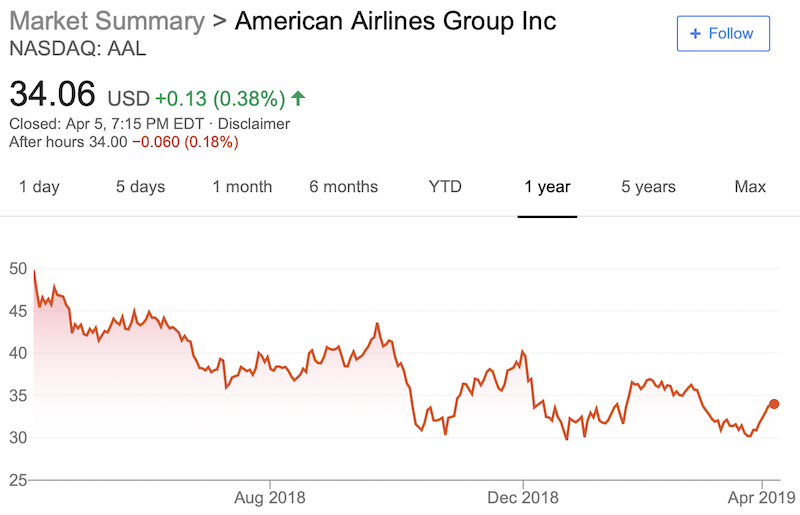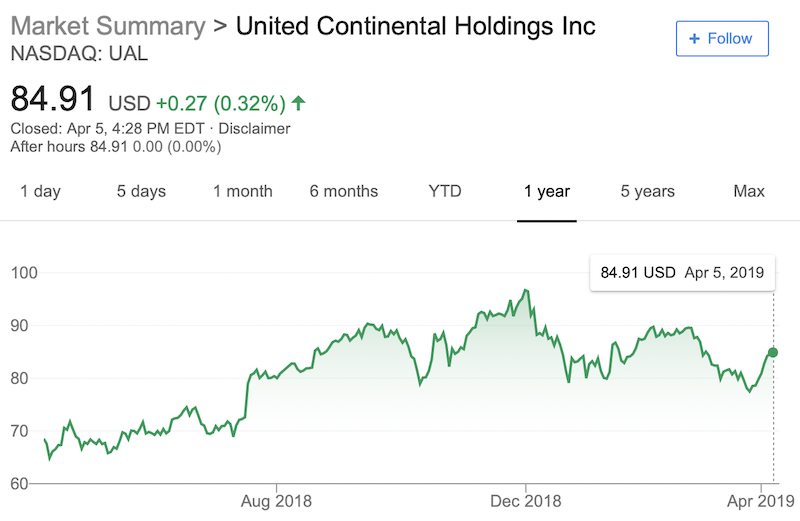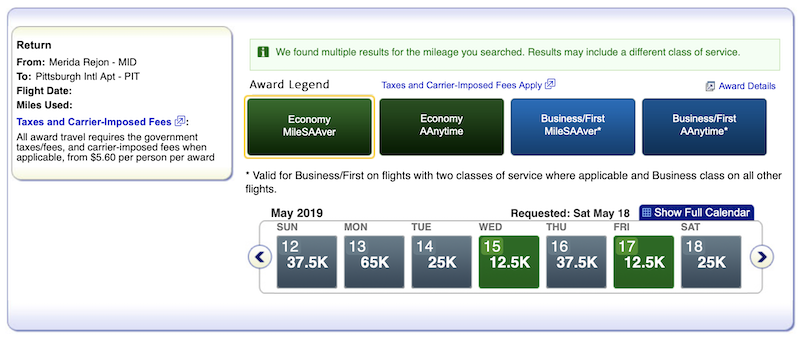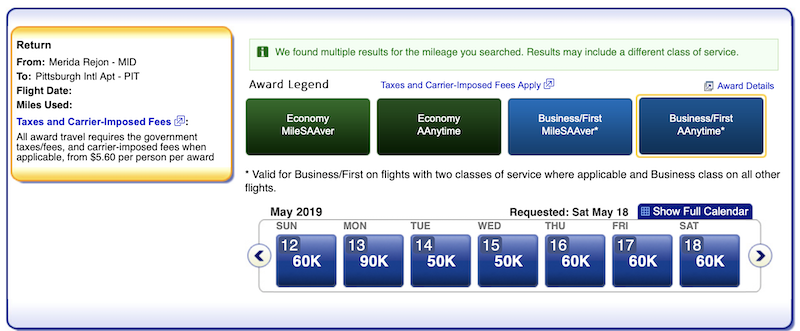With US flag carriers, it’s monkey see, monkey do as they tend to match dramatic moves to align with each other. While American Airlines has not yet announced a switch to a dynamic award chart it’s all but certain to happen – but it would be a big mistake.
If you are considering booking travel or signing up for a new credit card please click here. Both support LiveAndLetsFly.com.
If you haven’t followed us on Facebook or Instagram, add us today.
Following Each Other’s Footsteps
While not precisely in lockstep with United and Delta, American has followed the other carriers in negative changes to their frequent flyer program since the closing of their merger with US Airways. Delta moved to revenue requirements, so did American – at the same levels. Delta added Basic Economy, so did the others.
While there remain a few distinguishing differences (Delta requires 125k Medallion Qualifying Miles instead of American/United’s 100,000, etc.) for the most part the programs are the same.
American Is In Trouble, United and Delta Less So
Lucky and Gary have covered the bet that American CEO, Doug Parker, made with a Wall Street analyst that the price of American stock would drastically improve in a 12-month period. Doug Parker lost that bet and it wasn’t close.
American’s stock (AAL) has performed poorly when compared to United, Delta and Southwest. In fact, in the last 12 months, AAL has dropped from $53.08/share to a 52-week low of just $28.81/share. While it has recovered some from that low point ($34/share at time of publication), Mr. Parker hasn’t even been able to keep the status quo, let alone keeping up with the Joneses.

Delta’s stock (DAL) started the year about the same as American at $50.08/share and has gained about 15% closing Friday at $57.73. United has performed even better, starting the year at $68.52/share and closing on Friday at $84.91/share, up nearly 24% in the last 52 weeks.

American is no longer making money on flying. The Advantage program is the driver to continual profitability and both investors and management should be worried. The current market has been the strongest for US carriers in recent history, a recession would devastate American.
American Already Has A Dynamic Award Chart
While not implicitly stated, American already offers a dynamic award chart. They price tickets to the same destinations and fixed variabilities to offer award seats when otherwise their planes may be too full to allow it.


The carrier could also discount certain markets or hold “award sales” on flights with lower load factors to add passengers that might otherwise choose another carrier or pay cash.
A fully dynamic award chart is unnecessary given that American already charges more on key routes and their customers have continued to absorb the abuse variability.
American Needs to Find a Differentiator… Fast
American’s operations are partly to blame for their poor financial performance. At a minimum, an airline should strive to make money from flying passengers, even Spirit does that. But amalgamation hasn’t worked for American in the same way it has for Delta and United.
They immediately followed United’s move to increase the required Elite Qualifying Dollars after Delta had done so previously, yet they continue to reach out with promotions and even selling status upgrades because frequent flyers are leaving their ranks.
Alaska Airlines has been a shining beacon in the industry for continuing with a “one mile flown, one mile earned” program and rewarding their most frequent flyers. However, for those outside the west coast, Alaska is simply not a viable option.
While American will not return to that, fixed award charts with the current dynamic award pricing is one way to do so. They could stand out from a crowd where they are already losing to their peers and avoid what appears to be an inevitable fall from grace.
Conclusion
American has not yet instituted a fully dynamic award chart like their peers but likely will. They shouldn’t make the switch because they already offer some of these features to customers and have an opportunity to stand out from the Delta and United. They desperately need to give customers a reason to choose them because they fail to make money from flying in market conditions where that is unacceptable.
What do you think? Should American, once again, follow the leader (Delta, United) and announce a variable structure to awards? Should they stand out from the crowd and avoid this change?




This would be the nail in the coffin that makes me stop being loyal to AA.
I’ll start flying based on lowest price and switch to a CC with points I can use on Multiple Airlines.
I have been putting it off holding on to what I can but this would put me over the edge.
If Advantage is how they are profitable, this change will loose more then they would make with the additional revenue. Makes no sense, these airlines are like lemmings.
Well said. Maybe American will have a wildly unexpected attack of common sense and do as you suggest.
Your analysis is almost completely wrong. First, while AA’s stock price has performed poorly, it’s not because the company has been earning materially less money. Indeed, the company is doing well right now. They make billions of dollars a year, and earnings are supposed to increase an astonishing 40% this year (which will be a slightly harder number to meet given the MAX grounding, so maybe we should plan on 35% instead!). The reason AA’s stock has declined is because its p/e has declined — not because profits have declined. Many people, including Warren Buffett, think this is foolish, but that’s irrelevant. What is relevant is that AA is obviously not financially “in trouble,” so the whole premise of your article is wrong (as an aside, I would also not use Gary Leff’s analysis of how AA records profit, as no accountant or investor on Wall Street would model it that way).
So once you understand that AA is not financially “in trouble,” the question becomes whether they really need to keep rewarding “gaming” frequent flyers in the way they have been. If history tells us anything, the answer is no. Airlines don’t make more money by being particularly generous to frequent flyers. You and I may not like this (I also love my crazy good award deals), but reality sometimes bites. The fact remains that providing outsized loyalty rewards does not make an airline more profitable. I think we can therefore expect AA to more closely follow the path of UA and DL (and WN before them) and ditch their award chart. They’ll be just fine. And, once you adjust to this slightly altered award system, you’ll be fine, too.